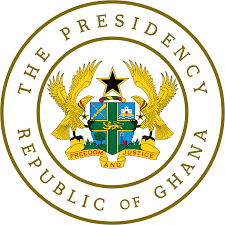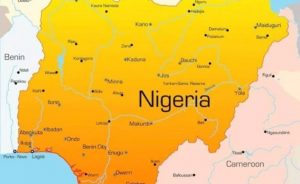Uganda: UHRC Deploys Over 250 Legal Professionals to Handle Human Rights Cases Nationwide

The Uganda Human Rights Commission (UHRC) has deployed more than 250 legal professionals across the country, particularly targeting rural and hard-to-reach areas, in a bold step to enhance the promotion and protection of human rights in Uganda.
The announcement was made during a high-level stakeholder dialogue held at Esella Country Hotel in Najjera, Kampala.
The dialogue, convened in partnership with various civil society organizations, aimed at evaluating Uganda’s human rights progress and strengthening mechanisms ahead of the country’s next Universal Periodic Review (UPR) — a United Nations-led human rights evaluation process.
Speaking at the event, UHRC Chairperson Mariam Wangadya underscored the critical role of legal professionals in ensuring that every Ugandan has access to justice.
“These legal officers are working to ensure that Ugandans, regardless of where they live, have access to justice and that their rights are upheld without discrimination,” Wangadya stated.
She emphasized Uganda’s ongoing commitment to key human rights obligations, including the prevention of torture, elimination of discrimination, and protection of civil liberties.
The stakeholder engagement brought together key actors from government ministries, academic institutions, civil society organizations, and international partners, all with a shared commitment to strengthening Uganda’s human rights framework.
Ruth Ssekindi, UHRC Director of Monitoring and Inspection, revealed that Uganda has so far implemented 139 out of 229 recommendations received during the last UPR cycle.
“This meeting is crucial in taking stock of what has been done and identifying what still needs to be addressed. It’s about collective reflection and action to strengthen Uganda’s human rights framework,” she said.
The dialogue provided a timely platform for discussing current challenges, emerging human rights trends, and the formulation of strategic recommendations to address persistent gaps.
Topics ranged from freedom of expression and assembly to the rights of vulnerable groups, law enforcement accountability, and access to legal remedies.
Participants from institutions such as Makerere University, along with key government agencies, contributed academic insights and policy perspectives, highlighting the importance of inclusive and multi-sectoral cooperation in promoting rights.
The Universal Periodic Review (UPR) is a peer-review mechanism under the United Nations Human Rights Council through which all member states are assessed on their human rights performance every four to five years.
Uganda’s upcoming review presents an opportunity for reflection, recommitment, and reform.
Stakeholders expressed optimism that sustained collaboration between the government, civil society, and international development partners would foster a culture of greater accountability, equity, and justice across Uganda.
As preparations intensify for the next UPR cycle, the UHRC has reiterated its dedication to promoting a human rights culture through education, legal aid, community outreach, and enforcement, making sure that “no one is left behind” in the quest for justice and dignity.
By Nile Post.



